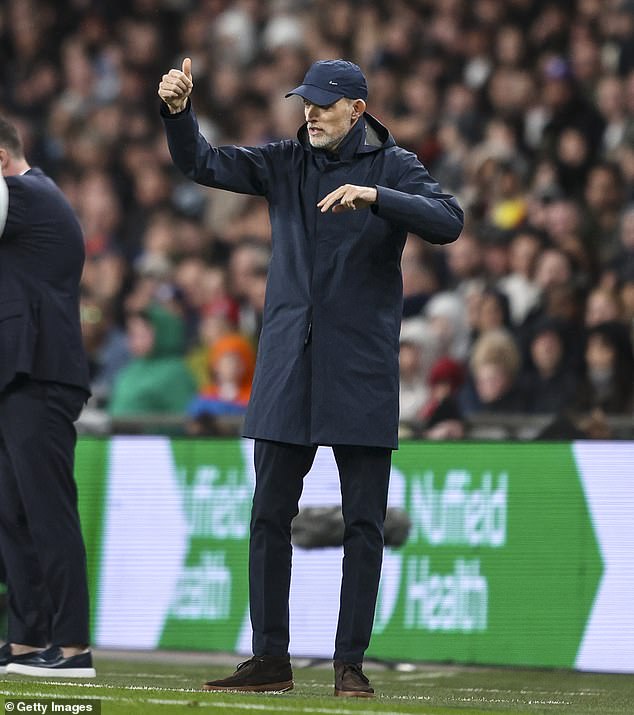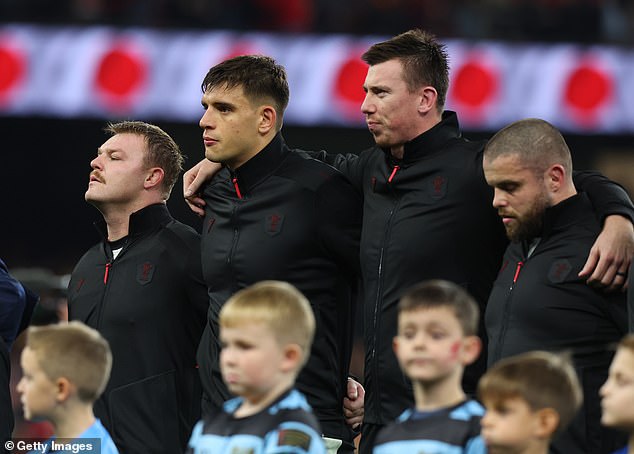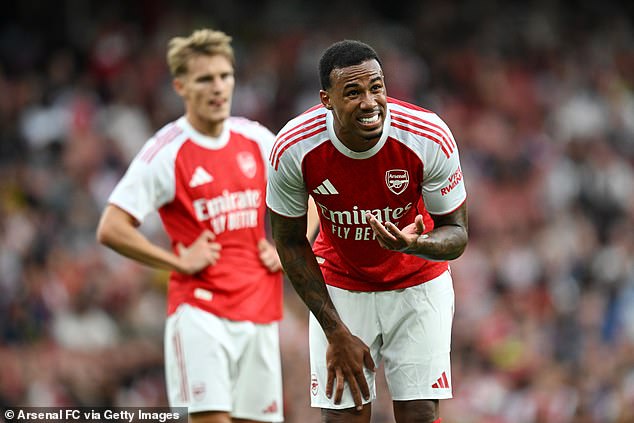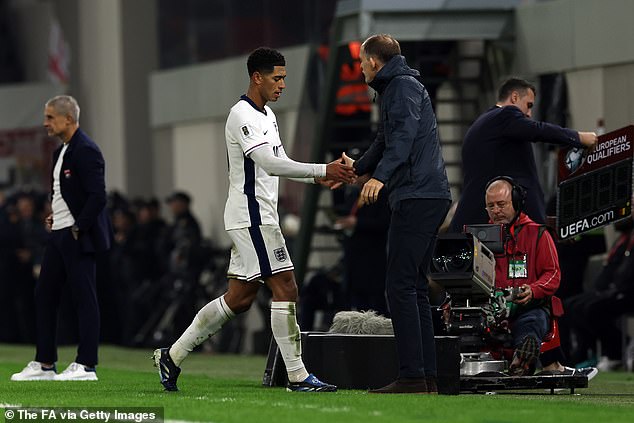
"Tuchel’s Assertive Leadership Demands More from England Squad Than Southgate, Expert Observes"
England Kick Off Tuchel Era with 2-0 Win Over Albania
New manager Thomas Tuchel begins his tenure with a victory, but his intense demeanor hints at a stricter regime ahead.
England secured a confident 2-0 victory against Albania at Wembley on Friday, marking Thomas Tuchel’s successful debut as manager following Gareth Southgate’s departure. Debutant Myles Lewis-Skelly (18) stole the spotlight, becoming the youngest player to score on his senior England debut, with captain Harry Kane adding a second goal. While the result buoyed fans, all eyes were on Tuchel, whose body language signaled a more demanding leadership style compared to his predecessor.
Lewis-Skelly Makes History
Lewis-Skelly, a rising Arsenal star, capitalized on his first England call-up with a composed finish just before halftime. His goal at 18 years and 176 days broke a longstanding record, showcasing the depth of young talent in Tuchel’s reshaped squad. Kane’s strike early in the second half sealed the win, though Albania’s defensive setup limited England’s attacking flair.
[Image: Lewis-Skelly celebrating his goal with teammates. Caption: Myles Lewis-Skelly made history as England’s youngest debutant goalscorer.]
Tuchel’s “Maître D” Demeanor: Calm But Critical
Body language expert Judi James analyzed Tuchel’s sideline behavior, noting his poised yet rigorous approach. Despite a polished exterior—crinkled “eye-smiles” and measured gestures—Tuchel’s subtle cues hinted at impatience. During post-match interviews, his monotone praise for Lewis-Skelly contrasted with micro-gestures of frustration: narrowed eyes, tongue-poking, and dismissive shrugs at mentions of Marcus Rashford and Phil Foden’s performances.
[Image: Tuchel scribbling notes during the match. Caption: Tuchel’s intense note-taking signaled meticulous scrutiny of player performances.]
Sideline Tells: Irritation and Precision
James highlighted Tuchel’s restless leg movements and furious scribbling in a police-style notebook, suggesting “detentions” might follow for underperformers. Unlike Southgate’s empathetic style, Tuchel often stood isolated, arms folded or hands in pockets, resembling an “Empirical” leader focused on analysis over camaraderie. His goal celebrations—small fist pumps—were restrained, emphasizing personal vindication over collective joy.
A New Era of Accountability
Tuchel’s candid post-match critique underscored his no-nonsense attitude. “We controlled the game but lacked ruthlessness,” he stated, demanding improvement despite the clean sheet. James interpreted his nonverbal tension—neck-scratching, lip-licking—as signs of underlying pressure to elevate the squad ahead of World Cup qualifiers.
[Image: Tuchel speaking sternly to a player. Caption: Tuchel’s focused interactions contrasted with Southgate’s warmer approach.]
Conclusion: A Shift in Leadership
While Southgate fostered a family-like environment, Tuchel’s meticulous, critical style signals a tactical and psychological overhaul. Players may face tougher scrutiny, but the fresh rigor could sharpen England’s edge. As qualifying continues, fans will watch whether Tuchel’s demanding ethos translates into tournament success.
Word count: 650


